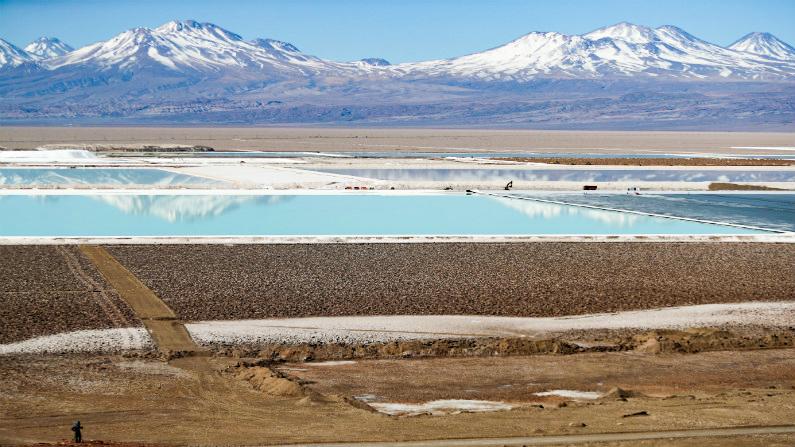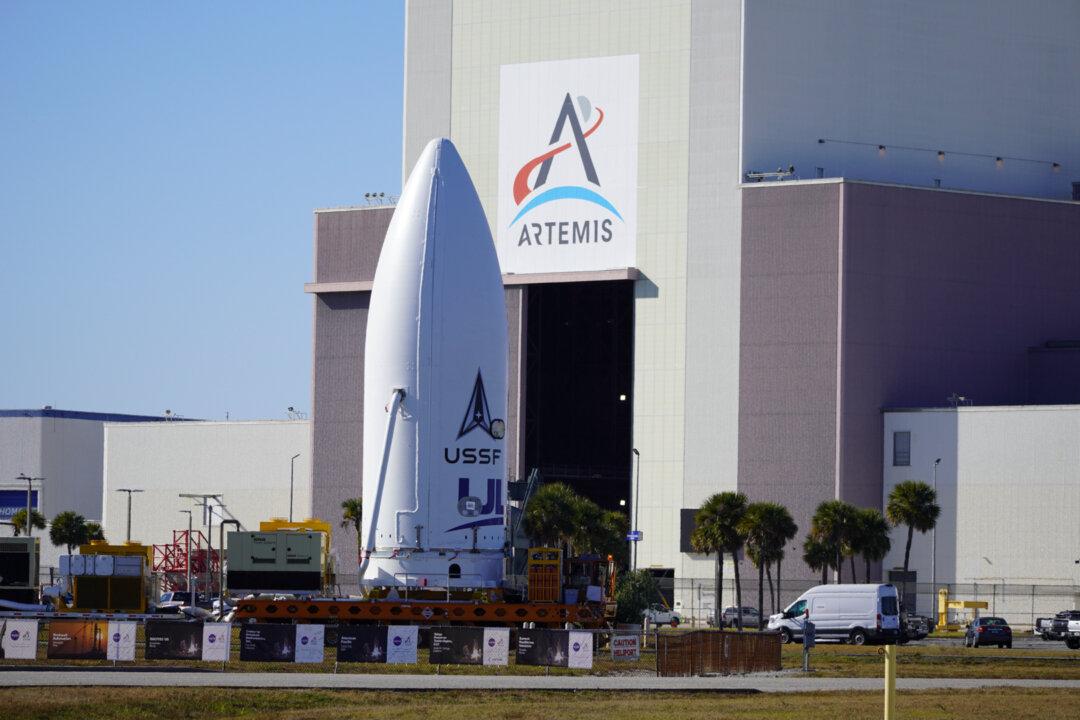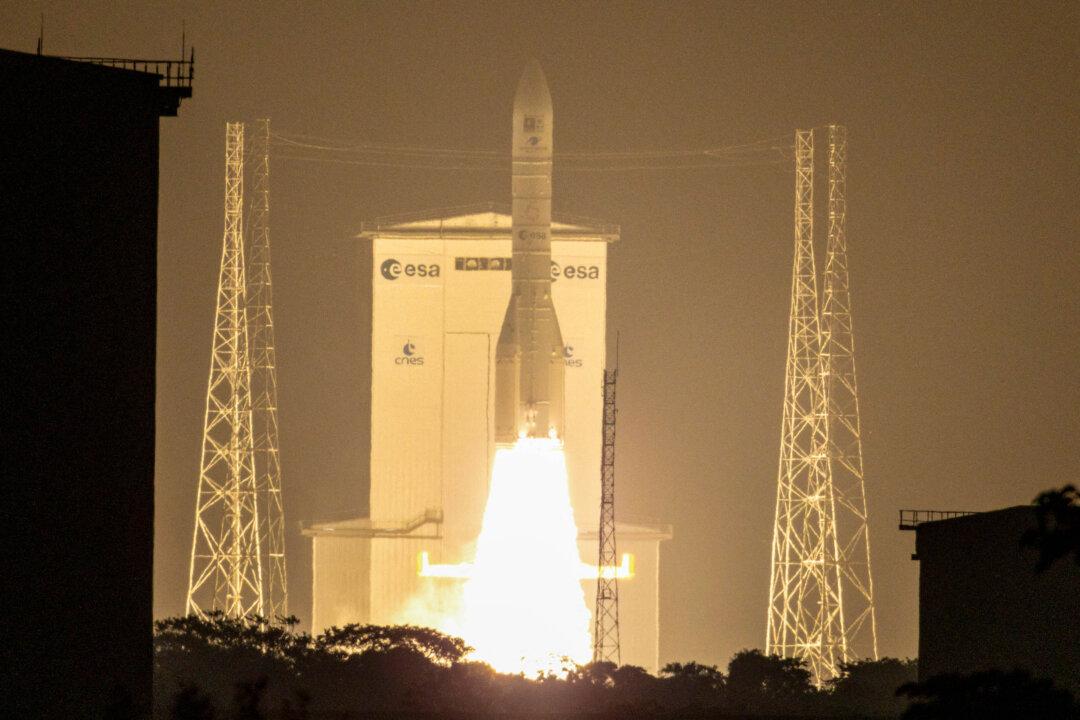President Donald Trump signed an executive order on April 15 tasking Commerce Secretary Howard Lutnick to investigate the national security effects of the United States importing processed critical minerals and the products made from them.
“The United States manufacturing and defense industrial bases remain dependent on foreign sources for processed critical mineral products,” the order stated. “Many of these foreign sources are at risk of serious, sustained, and long-term supply chain shocks.





